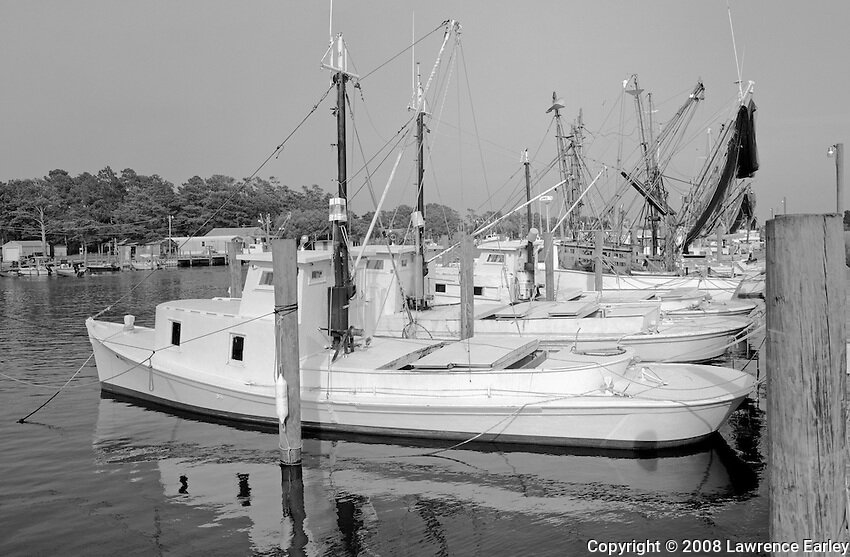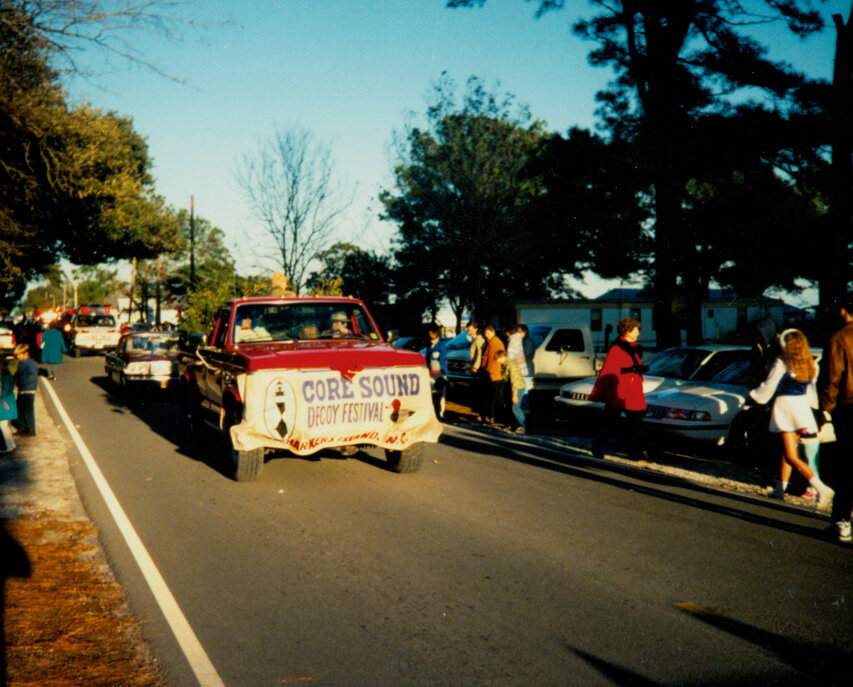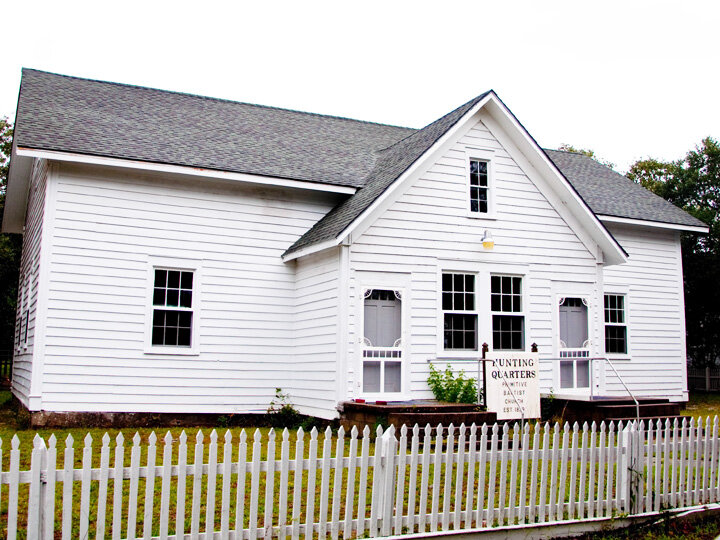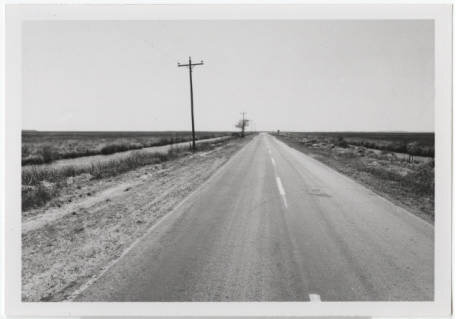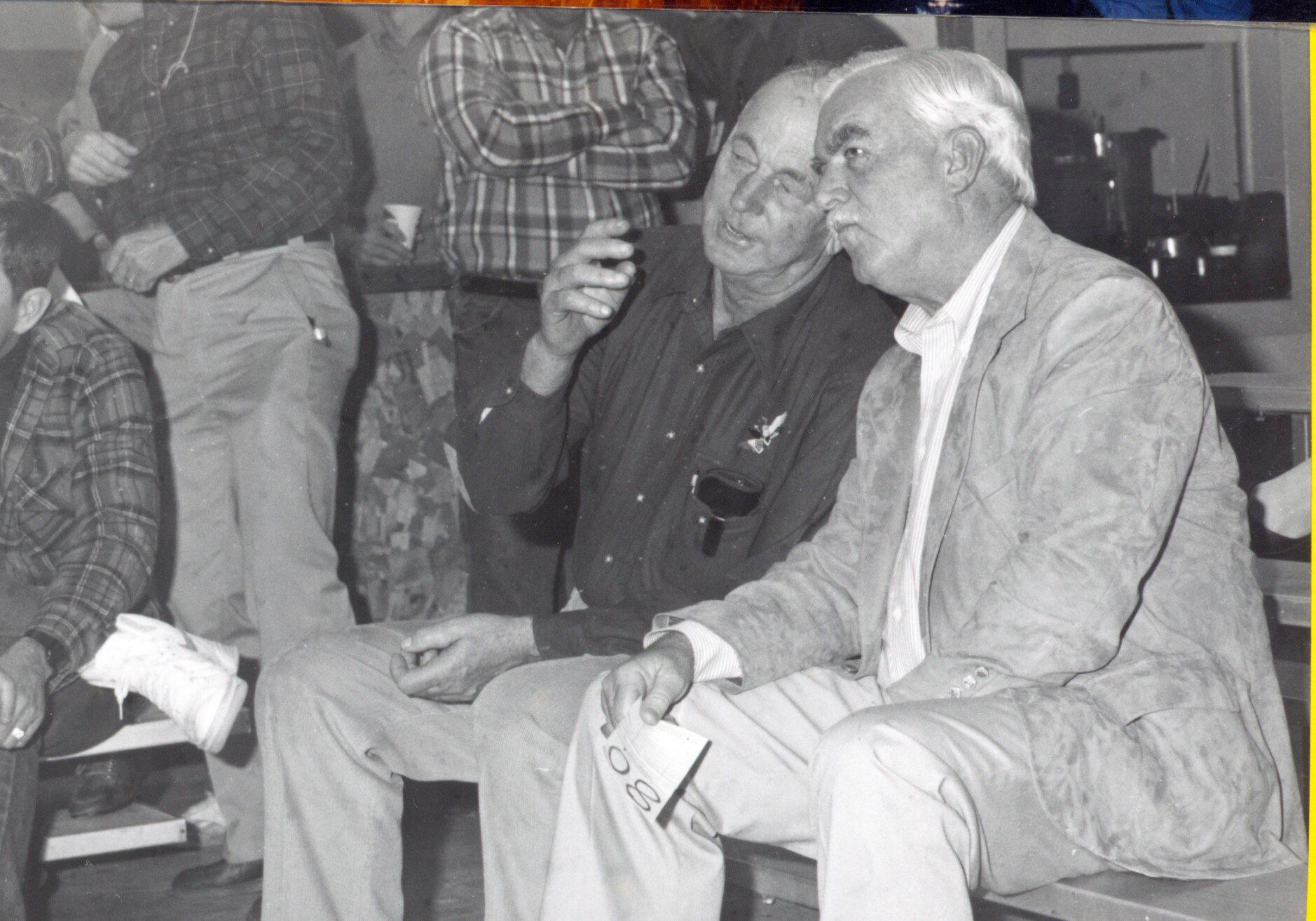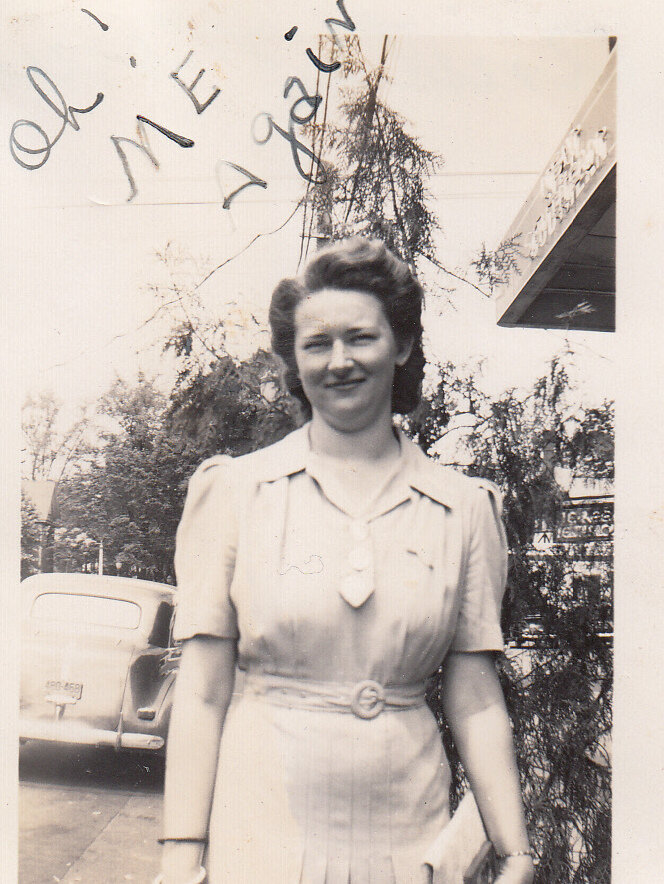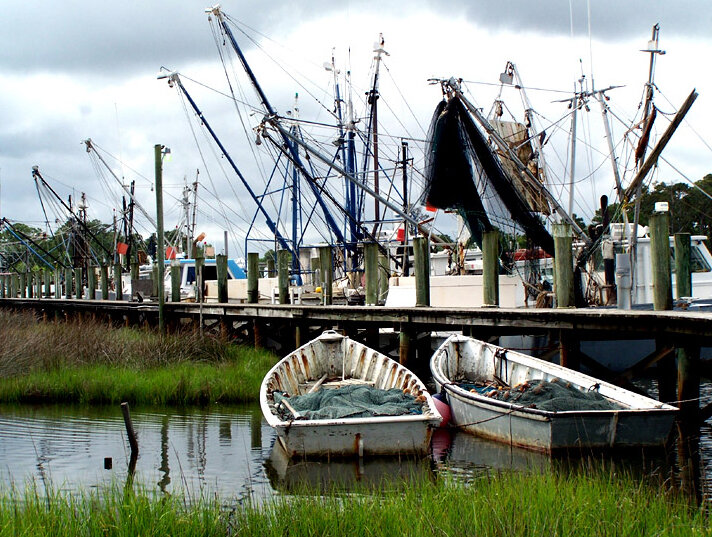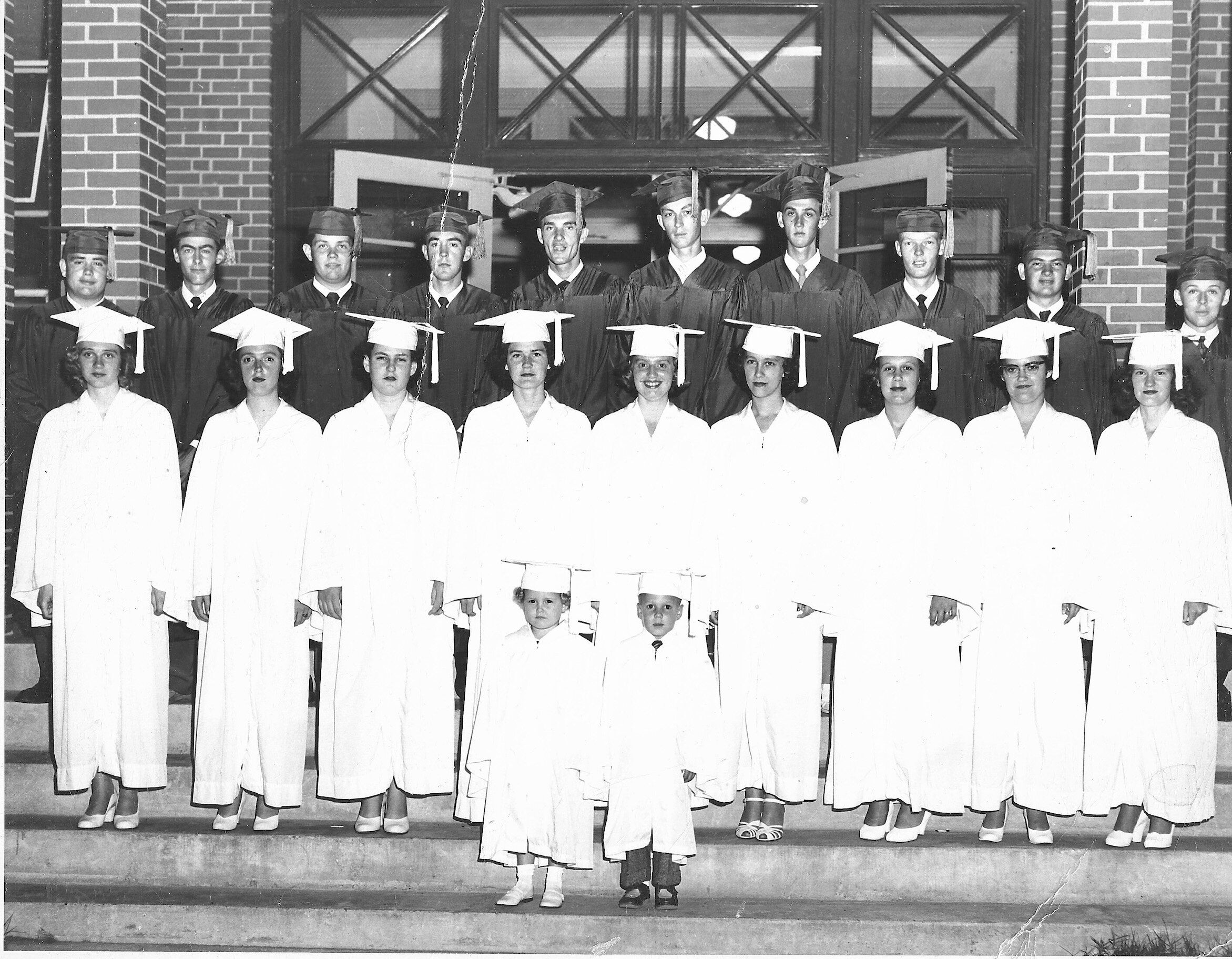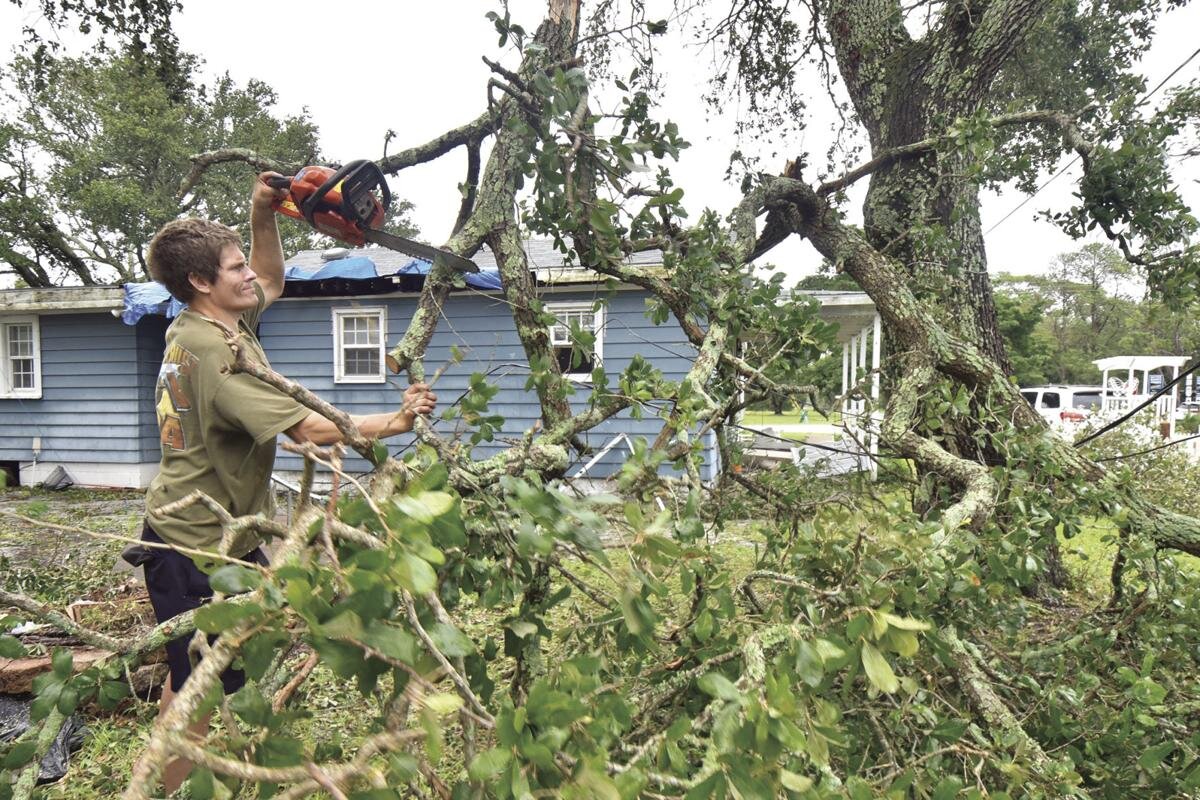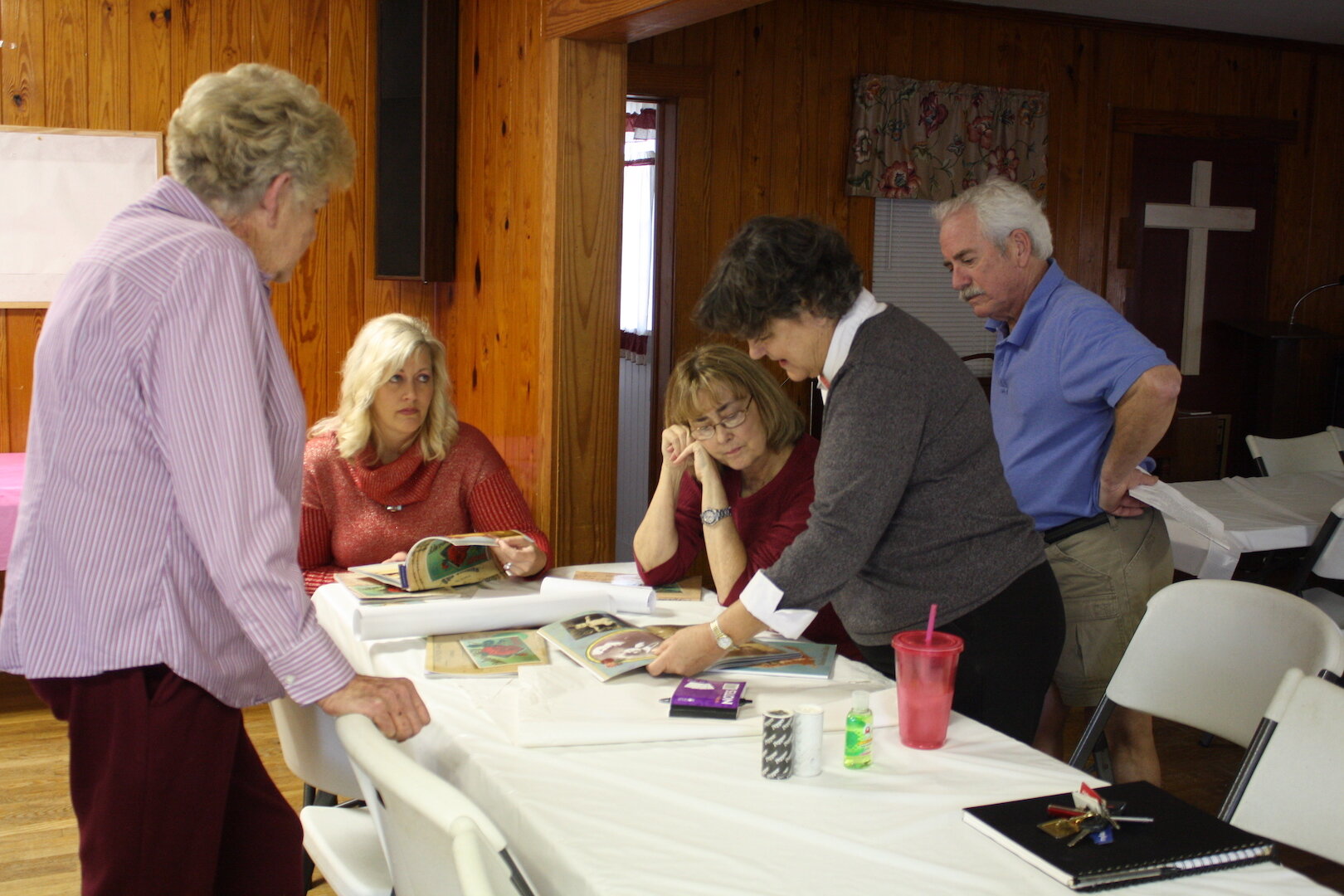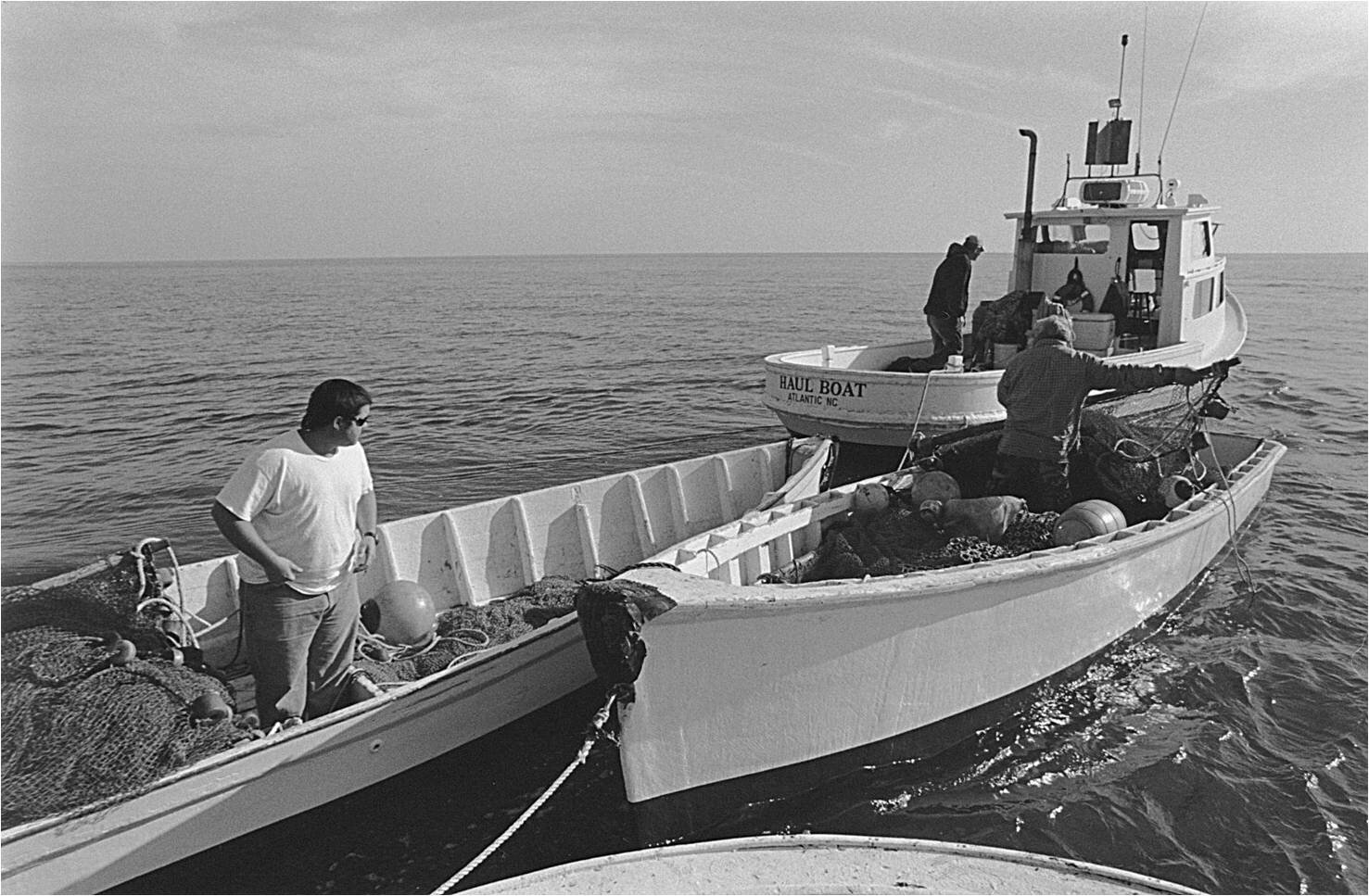Introduction
People speak a brogue in which the words flow out as
melodious as any song every written.
Eddie Hill, Atlantic Native
The main corridor of Carteret County’s section of the Outer Banks Byway is US Highway 70. One of the United States’ first cross-country routes, Highway 70 stretches 2,300 miles, from Arizona to the Down East community of Atlantic. Accustomed to jokes about being the “ends of the earth,” Atlantic folks like to say, “No; we’re the beginning!”
Atlantic is a beautiful oak-shaded community. Old homes, shady lanes, and a working harbor give this Core Sound village a sense of timelessness and tradition. Once a thriving fishing community, the economic pace has slowed considerably in recent years. The welcome sign still proclaims, “Living from the Sea,” a reminder of the community’s core identity.
Atlantic, once part of Hunting Quarters, was Down East’s only incorporated town in the early 1900s. Education was important to the villagers, so in 1905 Atlantic’s 500 residents voted to tax themselves to fund the construction of a public high school. It was the first high school in Carteret County. Atlantic High School was chosen to be a Teacher Training course center for the region as well, contributing to the fact that high numbers of teachers have emerged from Down East communities. Before the course was discontinued during the Depression, many completed the requirements and filled teaching jobs across Carteret County and inland.
Larry Earley, a photographer who took an interest in work boats built by Atlantic’s Ambrose Fulcher said, “If there’s a beating heart to this changing community, it throbs at Atlantic Harbor where the white fishing boats are tied up in a long row.” John “Buster” Salter, fisherman and ferryman, agrees. “That’s what we’ve done all our lives here,” Salter emphasized. “Our fathers and grandfathers and their fathers before them.”
Two of the largest seafood operations along the Eastern Seaboard were based in Atlantic, providing incomes for hundreds: Clayton Fulcher Seafood Company and Luther Smith and Son Seafood. One family empire was mainly Democrat, while the other Republican; one Methodist, the other Baptist. Despite those differences, both exerted influence in the industry that stretched up the eastern seaboard clear to New England and in the political world from Raleigh to Washington.
Clayton Fulcher Seafood was established in the 1920s, and grew with satellite fish docks in Cedar Island and Harkers Island. They once ran an oyster canning operation, and for generations bought fish from the “long haul” crews that worked Core and Pamlico Sounds. The family-run operation included a large ice-making facility and freezer. Before closing in 2007, it was run by Clayton Fulcher’s grandson, including Harry Michael Fulcher who was a jack-of-all-trades and a genius at repairing machinery. Although the company closed in 2007, its “cousin” company, Garland Fulcher Seafood of Oriental, North Carolina, continues to serve as a seafood hub.
Luther Smith and Sons Seafood was established by Billy Smith, called a “towering figure in North Carolina’s commercial fishing industry” by a reporter. He had tremendous political clout in the region, and served on many boards and commissions. His wife, Janice, was a spitfire who seemed to take care of – or keep up with - half the population of Down East. She was instrumental in making the North Carolina Seafood Festival’s Blessing of the Fleet the deeply moving event it is today. Both Billy and Janice were tireless participants in fisheries management and politics, as was their son William Ellis, who died prematurely in an accident. Their granddaughter Leslie Daniels picked up the torch, helping organize a “ladies auxiliary” of women rabble rousers. Leslie ran their family fish house in Beaufort for many years. Billy Smith and a granddaughter’s husband died tragically in a boating accident in 1996.
Atlantic is a appealing to retirees, newcomers seeking a quiet refuge, and visitors attracted to the kayaking, fishing, and bird watching opportunities. A recently-installed “Welcome to Atlantic” sign is indicative of the pride Atlantic residents have in their village. Neat yards, commercial fishing boats, and the twisting lanes under shady oaks give Atlantic a weather-worn charm. Some of the sons and daughters of fishermen and storekeepers who moved away have retired back in Atlantic; a few joined in with long-term residents to form a beautification club dedicated to keeping the community the lovely place it has always been.
Elmo Gaskill, native son and retired principal, spearheaded efforts to save the old Hunting Quarters Primitive Baptist Church, founded in Sea Level in 1829 and moved to Atlantic after the Civil War. When the last member of the congregation passed away in 1998, the modest church building began showing signs of neglect. Gaskill recalled attending the church as a child with his grandfather, who had been a deacon for 65 years. “Those were long sessions sitting and listening to all those Primitive Baptist preachers,” he said. He formed the Friends of Hunting Quarters Primitive Baptist Church in 2006, and quickly raised 10,000 dollars for a new roof, paint, and other improvements such as repairing the picket fence used to keep livestock out of the church yard. Located at 146 Shell Road, the church is open during select hours to visitors.
A true living heritage can be found at Harris Net Shop, located at 141 Old Cedar Island Road in Atlantic. Started in 1970 by Roger Harris, the net-building business is now run by Harris’ daughter Heidi Roberts. She manages two full-time jobs – sewing fishing nets and working for the North Carolina ferry service. If you are lucky enough to catch her at the net shop, Heidi will tell you about her family’s business. Interviewed by Atlantic-born artist and photographer Susan Mason, Heidi explained that her nets go to far-flung ports such as Alaska, Massachusetts and Florida. Her father helped refine turtle excluder device placement, the round grid required by the federal government to minimize shrimper and sea turtle interactions, in shrimp nets. You can hear Heidi talking about how “making a net is like making a dress” at www.carolinacoastalvoices.com.
People still talk about a hub of economic and social activity at the waterfront Atlantic store called Winston Hill and Sons (1930s-1980s). The general store carried everything, from hoop cheese to Sunday suits, sour pickles and push grass-cutters. Owned by brothers Winston and Roderick Hill, the store ensured that whatever the people of Atlantic needed, they had. Whether packing out boats on Sunday afternoon for a week’s fishing or ordering hams for Christmas, the old store was part of every family’s daily life.
Elmo Gaskill recalled Sunday nights at Winston Hill’s as fishermen gathered to decide who “got what fishing grounds for their upcoming week of long hauling.” On Sunday evening, the captains would meet and put the names of hauls in a hat, such as Royal Shoal and Barry’s Bay. The fishermen would draw the name of area they’d fish that trip. “If you didn’t set your nets by eight o’clock or so,” Gaskill explained, “then anybody could come along and take that haul.”
Jonathan Robinson is as comfortable in chest waders and fishing boots as he is a suit and tie. He can begin his day in a long-haul boat before dawn and end it arguing a local government’s fiscal responsibility point as a member of the county Board of Commissioners. His Down East accent is so thick that newcomers have trouble understanding him, yet he manages to get his idea across with unsettling passion. Like the great majority of elected officials in Carteret County, he’s a Republican, but his concerns for the working class have garnered him the “Rino” appellation, “Republican In Name Only.” He knows the water, loves his community, and is a tireless advocate for carrying on the maritime trades of his people.
“My father built my boat the Down East,” Robinson said proudly. The Down East is a traditional Core Sound-style wooden vessel. Father and son worked together on the boat, but Jonathan is quick to defer to the skills of his father, who had a long career building and fishing menhaden vessels. “That is an artisan and a craft. There’s nothing built on the square so it takes some time and effort to learn the shipwright’s skills.” When asked why he named the boat Down East, he responded, “I named my boat out of my love.”
Robinson, having a foot in the different worlds of local government and commercial fishing, makes an interesting observation about fishing. “I think there’s a camaraderie in the fisheries that doesn’t exist in some industries,” he declared. “I’ve seen a lot of people throw down a day’s work to give somebody a hand working on an engine or a net or towing somebody back in - I don’t think they do that on Wall Street.”
Atlantic is a jumping-off point to North Core Banks and Portsmouth Island. The small vehicle ferries Donza Lee and the Green Grass transport adventurers from Morris Marina located at 1000 Morris Marina Road. The hour-long ride across Core Sound carries fishermen and vacationers to Long Point Cabins on Portsmouth Island, managed by the National Park Service. The cabins are rustic, equipped with bunk beds, kitchen table and chairs, cook stove, and bathroom. The cabins, like the ferry service, must be reserved in advance. A small bar and grill operates out of Morris Marina as well.
“After several days of bugs, sunburns, and saltwater,” wrote n visitor on an online review of the Morris Marina, “Having your food order taken on the ferry ride home is a Godsend - all year I dream of that hard-earned shrimp burger awaiting me.”
From “Living at the Water’s Edge: A Heritage Guide to the Outer Banks Byway”

